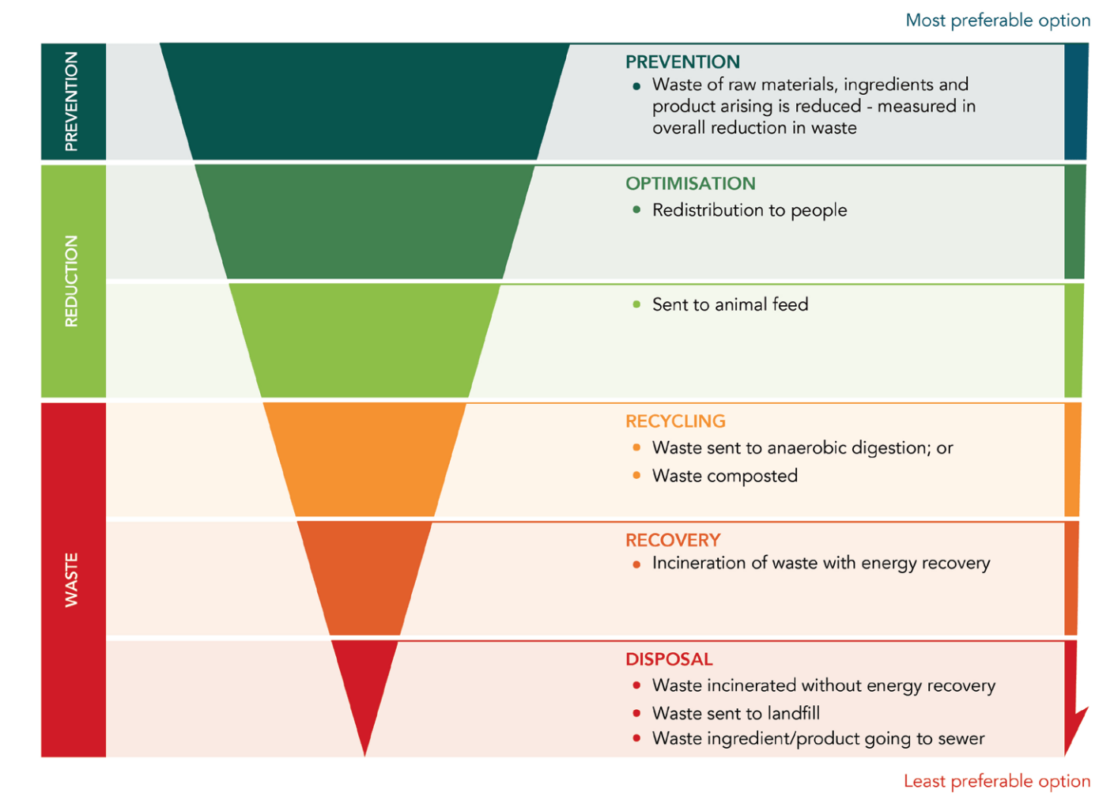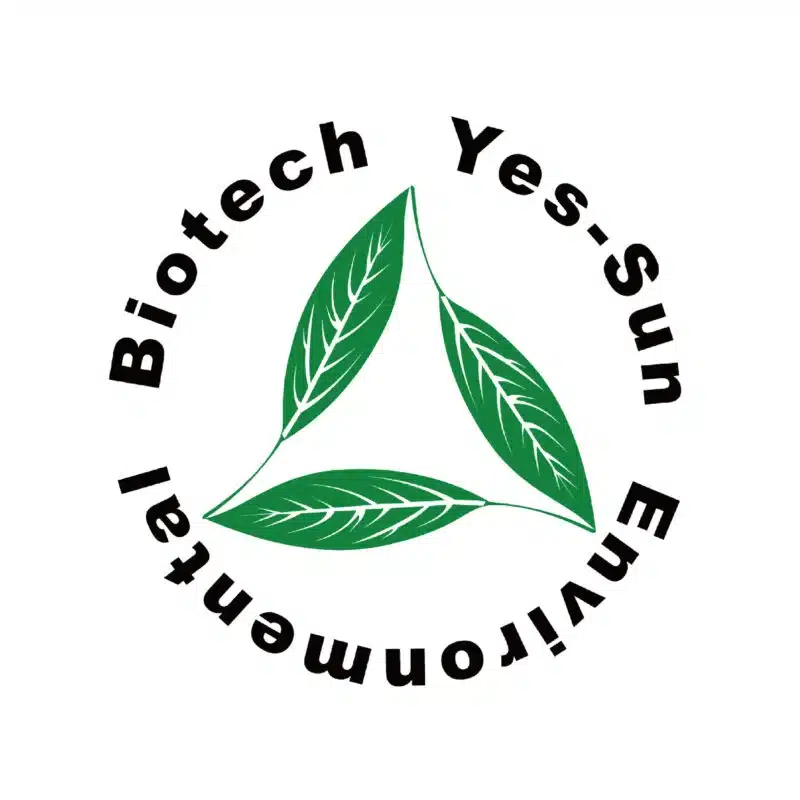Why We Manage Food and Organic Waste?
As one of the top waste producers in the world, it is crucial for us to understand the importance of efficient and responsible waste management and disposal practices.
Organic waste should not be treated as a source of environmental pollution that needs to be disposed of in landfills or incinerators, as these methods can lead to additional pollution issues. Instead, organic waste should be recognized as a valuable resource that can be converted into marketable products, generating employment opportunities and profits.
Composting is one of the well-known processes used in organic waste management. It involves collecting organic waste materials, processing them, and making them available for use. The resulting compost can then be used to enrich soil, providing nutrients and other natural elements to plants and gardens. By doing so, harmful organic waste is transformed into a safe and valuable compost product.
By embracing composting and other sustainable waste management practices, we can reduce environmental pollution, promote recycling and resource conservation, and contribute to the overall well-being of our planet. It is essential that we prioritize the proper management of organic waste and recognize its potential for creating a more sustainable and environmentally-friendly future.
How to manage organic waste and provide solutions for organic waste management
1 Food Waste
Food waste represents a significant proportion of organic material found in residential waste. It is generated primarily by the residential and ICI sectors, and can be either post-consumer, originating from residential and commercial kitchens (i.e., restaurants and hospitals), or pre consumer, coming from distribution and retail agents (i.e., transporters and supermarkets). Food waste has a high moisture content, which can lead to the generation of leach-ate and odors during handling and processing.
2 Leaf and Yard Waste
L&YW consists of green grass clippings and thatch, leaves, weeds, brush, and small tree pruning. L&YW is generally small enough that it does not require grinding or shredding before being processed through composting or anaerobic digestion.
3 Animal Manure
Animal Manure is common in daily life, including poultry manure, livestock manure and so on. Animal manure compost contains multiple necessary plant nutrients, including potassium, phosphorus, nitrogen and a variety of micro-nutrients. Therefore, composting animal waste is a good way to convert animal waste to valuable organic fertilizer. As high-quality fertilizer, composted animal manure can be used as soil amendment and excellent fertilizer.

Options for Organic Waste Management
1 Biogas production with central collection and pre-treatment (collection in bins)
2 Biogas production with decentralized collection and pre-treatment, respectively
3 Collection with ordinary mixed waste for incineration
4 Composting with decentralized collection and pre-treatment
Composting
Composting is an aerobic process that involves the decomposition of organic waste in the presence of air. It is an effective method that helps minimize or eliminate the release of methane, a potent greenhouse gas, during the breakdown of organic matter. The resulting compost is a valuable product that can be used to enrich depleted soils by returning essential nutrients and enhancing moisture retention. This, in turn, promotes healthier plant growth and boosts crop productivity. In fact, the application of compost can lead to a significant increase in crop production, ranging from 15% to 25%, while reducing the reliance on chemical fertilizers.
Anaerobic digestion
Anaerobic digestion is a process that involves the controlled decomposition of organic waste in an oxygen-free environment, typically within sealed tanks. This process generates biogas, which is a renewable energy resource consisting mainly of methane and carbon dioxide. By capturing and utilizing biogas, anaerobic digestion helps to prevent the release of methane, a potent greenhouse gas, into the atmosphere.
Rapid Treatment Technology
Rapid Treatment Technology holds the potential to revolutionize organic waste recycling by offering a swift and efficient solution. This technology involves the addition of enzymes and substrate materials to facilitate the rapid composting of organic waste while effectively eliminating odors. The result is a high-quality organic fertilizer that can be utilized in various sectors including agriculture, forestry, fishery, livestock, industry, and domestic waste management.
Unlike traditional composting methods that rely on the slow natural decomposition of organic matter by microbes, Rapid Treatment Technology accelerates the entire process by leveraging the power of enzymes. These enzymes, produced by microorganisms, expedite the breakdown of organic waste, allowing it to be converted into organic fertilizer within a remarkably short timeframe of just 3 hours.
Summary
Cities have a significant role to play in implementing sustainable waste management practices, particularly when it comes to addressing food and organic waste. These types of waste can be effectively managed at the city level, allowing for swift action and local impact. By prioritizing the implementation of segregated collection systems for organic waste, cities can quickly realize substantial benefits in terms of waste reduction and environmental sustainability.
What is organic waste management?
The most known process of organic waste management is composting. Composting is a managed process which utilizes microorganisms naturally present in organic matter and soil to decompose organic material. To protect the environment and for the health and safety of the population, humans should reduce the volume of the solid waste stream through the implementation of waste reduction and recycling programs.
What is the main objectives of waste management
The main objective of waste management is to develop the country. Without proper management, these waste could create several environmental problems. Maintain a balanced SWM system which benefits the community while following regulatory requirements.
What are examples of organic waste?
The examples of organic waste include green waste, food waste, food-soiled paper, non-hazardous wood waste, green waste, and landscape and pruning waste. When organic waste is dumped in landfills, it undergoes anaerobic decomposition (due to lack of oxygen) and produces methane.
What can organic waste be used for?
Organic waste could be turned into compost to grow crops, reducing dependency on chemical fertilizers, or clean organic waste could be used to feed animals. There are few ways in which organic waste can be used such as soil improvement, animal raising and to provide a source of energy.
How can we reduce organic waste?
For inorganic materials, we do that by reusing and recycling wastes. However, for organic materials, the process is a little more complex. Basically, in composting you collect organic wastes, process them, and wait for weeks and even months before they’re available for use.
What are the hazards to irresponsible organic waste management?
Improper waste management is detrimental to human health. Apart from being unsightly, it causes air pollution, affects water bodies when dumped into the water, as well as depletes the ozone layer when burnt, thereby increasing the impact of climate change.



 中文 (台灣)
中文 (台灣) Bahasa Indonesia
Bahasa Indonesia Tiếng Việt
Tiếng Việt Bahasa Melayu
Bahasa Melayu Français
Français Español
Español Português
Português